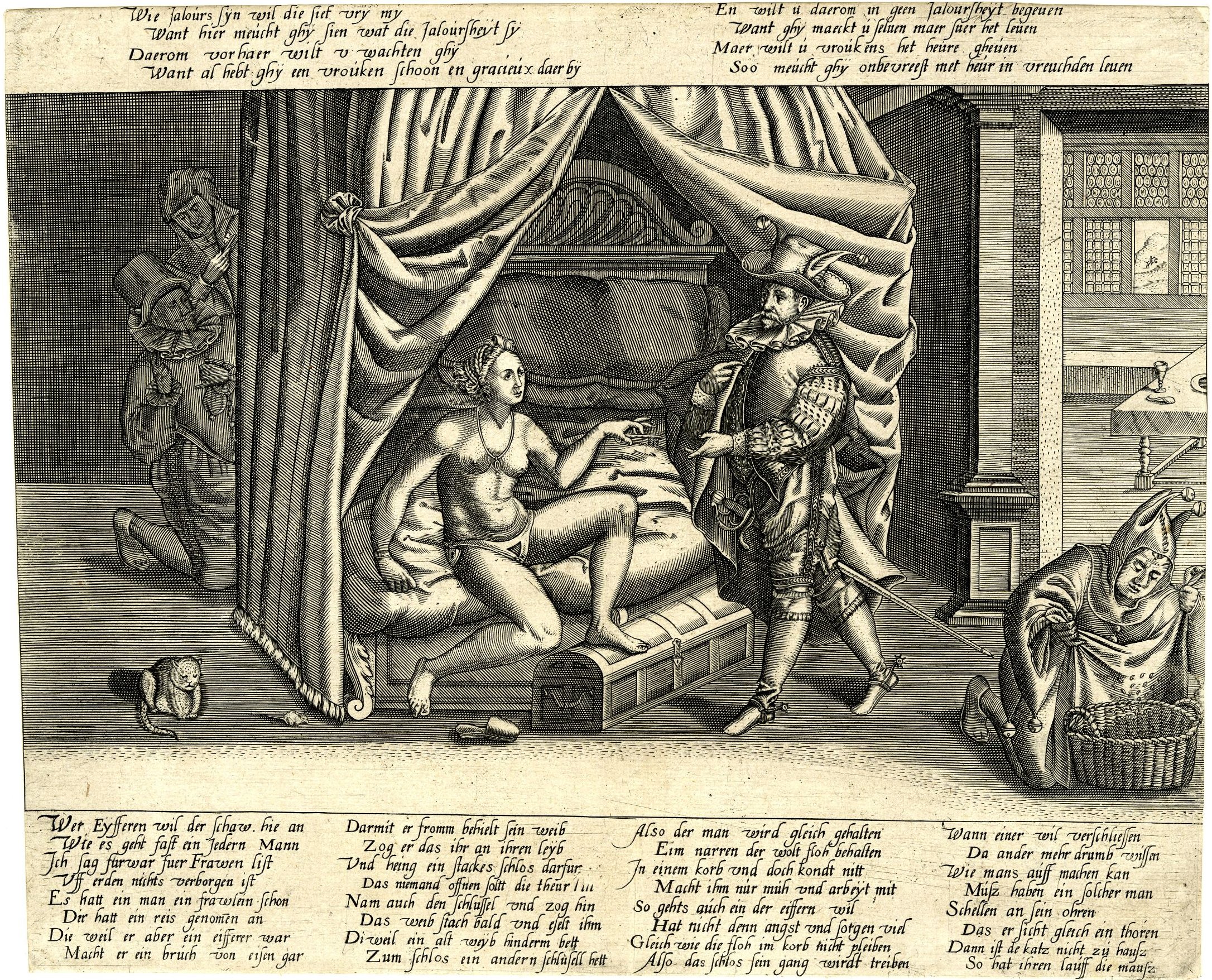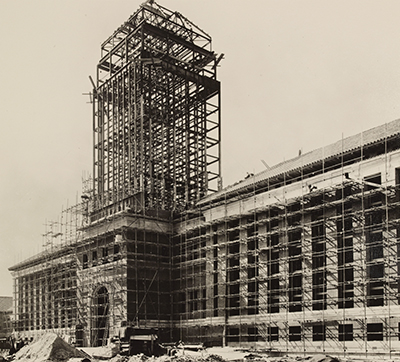|
Carmine Mirabelli
Carmine Carlos Mirabelli (2 January 1889 – 30 April 1951) was a Brazilian physical medium and Spiritualist.Anderson, Rodger. (2006). ''Psychics, Sensitives and Somnambules: A Biographical Dictionary with Bibliographies''. McFarland & Company. p. 121. Biography Mirabelli was born in Botucatu, São Paulo, Brazil, of Italian parents. He studied Spiritism at an early age and was introduced to the writings of Allan Kardec. As a teenager he worked in a shoe shop and claimed to have experienced poltergeist activity where shoe boxes would literally fly off the shelves. He was placed in a lunatic asylum for observation and psychologists said there was something wrong with him, but he was not physically sick. Mirabelli later became a medium and it was alleged he could produce automatic handwriting, materializations of objects and people ( ectoplasm), levitations and movement of objects. Mello, Antônio da Silva. (1960). ''Mysteries and Realities of This World and the Next''. Weidenfe ... [...More Info...] [...Related Items...] OR: [Wikipedia] [Google] [Baidu] |
Carlos Mirabelli 4
Carlos may refer to: Places ;Canada * Carlos, Alberta, a locality ;United States * Carlos, Indiana, an unincorporated community * Carlos, Maryland, a place in Allegany County * Carlos, Minnesota, a small city * Carlos, West Virginia ;Elsewhere * Carlos (crater), Montes Apenninus, LQ12, Moon; a lunar crater near Mons Hadley People * Carlos (given name), including a list of name holders * Carlos (surname), including a list of name holders Sportspeople * Carlos (Timorese footballer) (born 1986) * Carlos (footballer, born 1995), Brazilian footballer * Carlos (footballer, born 1985), Brazilian footballer Others * Carlos (Calusa) (died 1567), king or paramount chief of the Calusa people of Southwest Florida * Carlos (DJ) (born 1966), British DJ * Carlos (singer) (1943—2008), French entertainer * Carlos the Jackal, a Venezuelan terrorist *Carlos (DJ) (born 2010) Guyanese DJ Arts and entertainment * ''Carlos'' (miniseries), 2010 biopic about the terrorist Carlos the Jackal ... [...More Info...] [...Related Items...] OR: [Wikipedia] [Google] [Baidu] |
Hans Driesch
Hans Adolf Eduard Driesch (28 October 1867 – 17 April 1941) was a German biologist and philosopher from Bad Kreuznach. He is most noted for his early experimental work in embryology and for his neo-vitalist philosophy of entelechy. He has also been credited with performing the first artificial 'cloning' of an animal in the 1880s, although this claim is dependent on how one defines cloning. Early years Driesch was educated at the Gelehrtenschule des Johanneums. He began to study medicine in 1886 under August Weismann at the University of Freiburg. In 1887 he attended the University of Jena under Ernst Haeckel, Oscar Hertwig and Christian Ernst Stahl. In 1888 he studied physics and chemistry at the University of Munich. He received his doctorate in 1889. He travelled widely on field and study trips and lecture-tours, visiting Plymouth, India, Zurich and Leipzig where, in 1894, he published his ''Analytische Theorie der organischen Entwicklung'' or ''Analytic Theory of Organic Dev ... [...More Info...] [...Related Items...] OR: [Wikipedia] [Google] [Baidu] |
Eric Dingwall
Eric John Dingwall (1890–1986) was a British anthropologist, psychical researcher and librarian. Biography Born in British Ceylon, Dingwall moved to England where he was educated at Pembroke College, Cambridge (M.A., 1912), and the University of London (D.Sc., PhD). He wrote popular books on sexology. He became interested in paranormal phenomena in 1921 and served from 1922 to 1927 as a research officer for the Society for Psychical Research (SPR). Dingwall was described as an eccentric by those who knew him. Having developed his skills as a librarian at Cambridge University Library while an undergraduate, in 1946 he joined the Library of the British Museum as a voluntary assistant, but from 1947 was promoted to Hon. Assistant Keeper in the Reference Division, cataloguing private case material of erotica, magic and the paranormal. He co-edited the four-volume set ''Abnormal Hypnotic Phenomena'' (1967–68). The set was described in a review as of considerable historical i ... [...More Info...] [...Related Items...] OR: [Wikipedia] [Google] [Baidu] |
University Press Of Kentucky
The University Press of Kentucky (UPK) is the scholarly publisher for the Commonwealth of Kentucky, and was organized in 1969 as successor to the University of Kentucky Press. The university had sponsored scholarly publication since 1943. In 1949, the press was established as a separate academic agency under the university president, and the following year Bruce F. Denbo, then of Louisiana State University Press, was appointed as the first full-time professional director. Denbo served as director of UPK until his retirement in 1978, building a small but distinguished list of scholarly books with emphasis on American history and literary criticism. Since its reorganization, the Press has represented a consortium that now includes all of Kentucky's state universities, seven of its private colleges, and two historical societies. UPK joined the Association of University Presses in 1947. The press is supported by the Thomas D. Clark Foundation, a private nonprofit foundation establis ... [...More Info...] [...Related Items...] OR: [Wikipedia] [Google] [Baidu] |
Joe Nickell
Joe Nickell (born December 1, 1944) is an American skeptic and investigator of the paranormal. Nickell is senior research fellow for the Committee for Skeptical Inquiry and writes regularly for their journal, ''Skeptical Inquirer''. He is also an associate dean of the Center for Inquiry Institute. He is the author or editor of over 30 books. Among his career highlights, Nickell helped expose the James Maybrick "Jack the Ripper Diary" as a hoax. In 2002, Nickell was one of a number of experts asked by scholar Henry Louis Gates Jr. to evaluate the authenticity of the manuscript of Hannah Crafts' ''The Bondwoman's Narrative'' (1853–1860), possibly the first novel by an African-American woman. At the request of document dealer and historian Seth Keller, Nickell analyzed documentation in the dispute over the authorship of "The Night Before Christmas", ultimately supporting the Clement Clarke Moore claim. Early life, education and family Joe Nickell is the son of J. Wendell and ... [...More Info...] [...Related Items...] OR: [Wikipedia] [Google] [Baidu] |
Cambridge University Library
Cambridge University Library is the main research library of the University of Cambridge. It is the largest of the over 100 libraries within the university. The Library is a major scholarly resource for the members of the University of Cambridge and external researchers. It is often referred to within the university as the UL. Thirty three faculty and departmental libraries are associated with the University Library for the purpose of central governance and administration, forming "Cambridge University Libraries". Cambridge University Library is one of the six legal deposit libraries under UK law. The Library holds approximately 9 million items (including maps and sheet music) and, through legal deposit, purchase and donation it receives around 100,000 items every year. The University Library is unique among the legal deposit libraries in keeping a large proportion of its material on open access and in allowing some categories of reader to borrow from its collections. Its or ... [...More Info...] [...Related Items...] OR: [Wikipedia] [Google] [Baidu] |
Photograph
A photograph (also known as a photo, image, or picture) is an image created by light falling on a photosensitive surface, usually photographic film or an electronic image sensor, such as a CCD or a CMOS chip. Most photographs are now created using a smartphone/camera, which uses a lens to focus the scene's visible wavelengths of light into a reproduction of what the human eye would see. The process and practice of creating such images is called photography. Etymology The word ''photograph'' was coined in 1839 by Sir John Herschel and is based on the Greek φῶς (''phos''), meaning "light," and γραφή (''graphê''), meaning "drawing, writing," together meaning "drawing with light." History The first permanent photograph, a contact-exposed copy of an engraving, was made in 1822 using the bitumen-based "heliography" process developed by Nicéphore Niépce. The first photographs of a real-world scene, made using a camera obscura, followed a few years later at Le Gras, ... [...More Info...] [...Related Items...] OR: [Wikipedia] [Google] [Baidu] |
Gordon Stein
Gordon Stein (April 30, 1941 – August 27, 1996) was an American author, physiologist, and activist for atheism and religious skepticism. Biography Stein was born in New York to Jewish parents, and from an early age took an interest in science. He earned degrees in psychology and zoology, a doctorate in physiology from Ohio State University and master's degrees in Management and Library Science from University of Rochester, Adelphi College, and the University of California at Los Angeles. He was an author of books for secular humanist and rationalist publications, he also was a critic of claims of paranormal phenomena. Stein was an outspoken atheist and publicly debated Christian apologists such as Greg Bahnsen. He served as editor of the '' American Rationalist'' and was the librarian of the Center for Inquiry, which houses both the Committee for the Scientific Investigation of Claims of the Paranormal (CSICOP) and the Council for Secular Humanism (CSH). Stein died of lung c ... [...More Info...] [...Related Items...] OR: [Wikipedia] [Google] [Baidu] |
Society For Psychical Research
The Society for Psychical Research (SPR) is a nonprofit organisation in the United Kingdom. Its stated purpose is to understand events and abilities commonly described as psychic or paranormal. It describes itself as the "first society to conduct organised scholarly research into human experiences that challenge contemporary scientific models." It does not, however, since its inception in 1882, hold any corporate opinions: SPR members assert a variety of beliefs with regard to the nature of the phenomena studied. Origins The Society for Psychical Research (SPR) originated from a discussion between journalist Edmund Rogers and the physicist William F. Barrett in autumn 1881. This led to a conference on 5 and 6 January 1882 at the headquarters of the British National Association of Spiritualists, at which the foundation of the Society was proposed. The committee included Barrett, Rogers, Stainton Moses, Charles Massey, Edmund Gurney, Hensleigh Wedgwood and Frederic W. H. Myers. ... [...More Info...] [...Related Items...] OR: [Wikipedia] [Google] [Baidu] |
Theodore Besterman
Theodore Deodatus Nathaniel Besterman (22 November 1904 – 10 November 1976) was a Polish-born British psychical researcher, bibliographer, biographer, and translator. In 1945 he became the first editor of the ''Journal of Documentation''. From the 1950s he devoted himself to studies of the works of Voltaire. Biography Theodore Deodatus Nathaniel Besterman was born in 1904 in Łódź, Poland, but he relocated to London during his youth. In 1925 he was elected chairman of the British Federation of Youth Movements. During the 1930s Besterman lectured at the London School of Librarianship, and edited and published many works of, and about, bibliography. During World War II Besterman served in the British Royal Artillery and the Army Bureau of Current Affairs. Afterwards he worked for UNESCO, working on international methods of bibliography. During the 1950s Besterman began to concentrate on collecting, translating and publishing the writings of Voltaire, including much previously ... [...More Info...] [...Related Items...] OR: [Wikipedia] [Google] [Baidu] |
Witchcraft
Witchcraft traditionally means the use of magic or supernatural powers to harm others. A practitioner is a witch. In medieval and early modern Europe, where the term originated, accused witches were usually women who were believed to have used malevolent magic against their own community, and often to have communed with evil beings. It was thought witchcraft could be thwarted by protective magic or counter-magic, which could be provided by cunning folk or folk healers. Suspected witches were also intimidated, banished, attacked or killed. Often they would be formally prosecuted and punished, if found guilty or simply believed to be guilty. European witch-hunts and witch trials in the early modern period led to tens of thousands of executions. In some regions, many of those accused of witchcraft were folk healers or midwives. European belief in witchcraft gradually dwindled during and after the Age of Enlightenment. Contemporary cultures that believe in magic and the superna ... [...More Info...] [...Related Items...] OR: [Wikipedia] [Google] [Baidu] |






